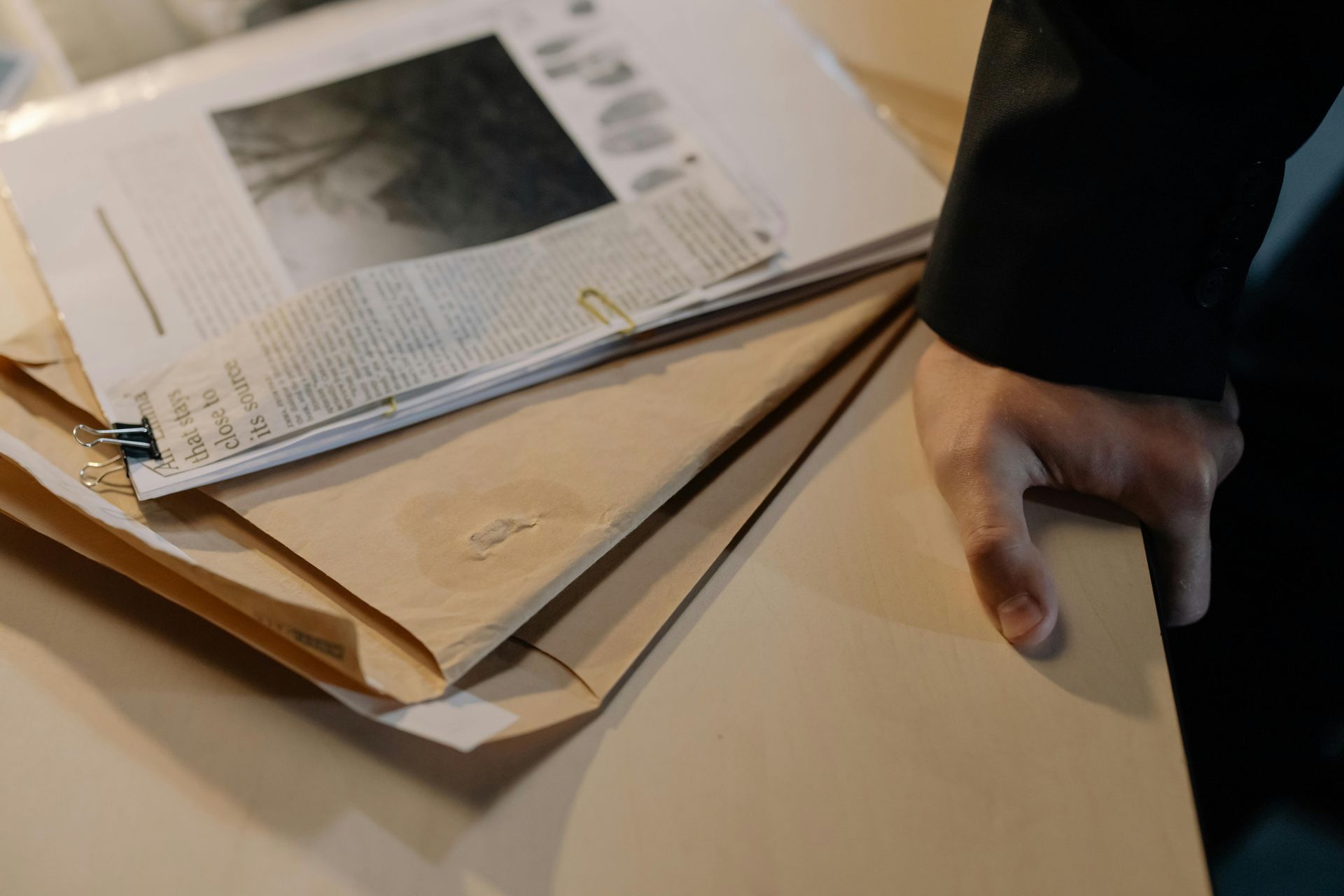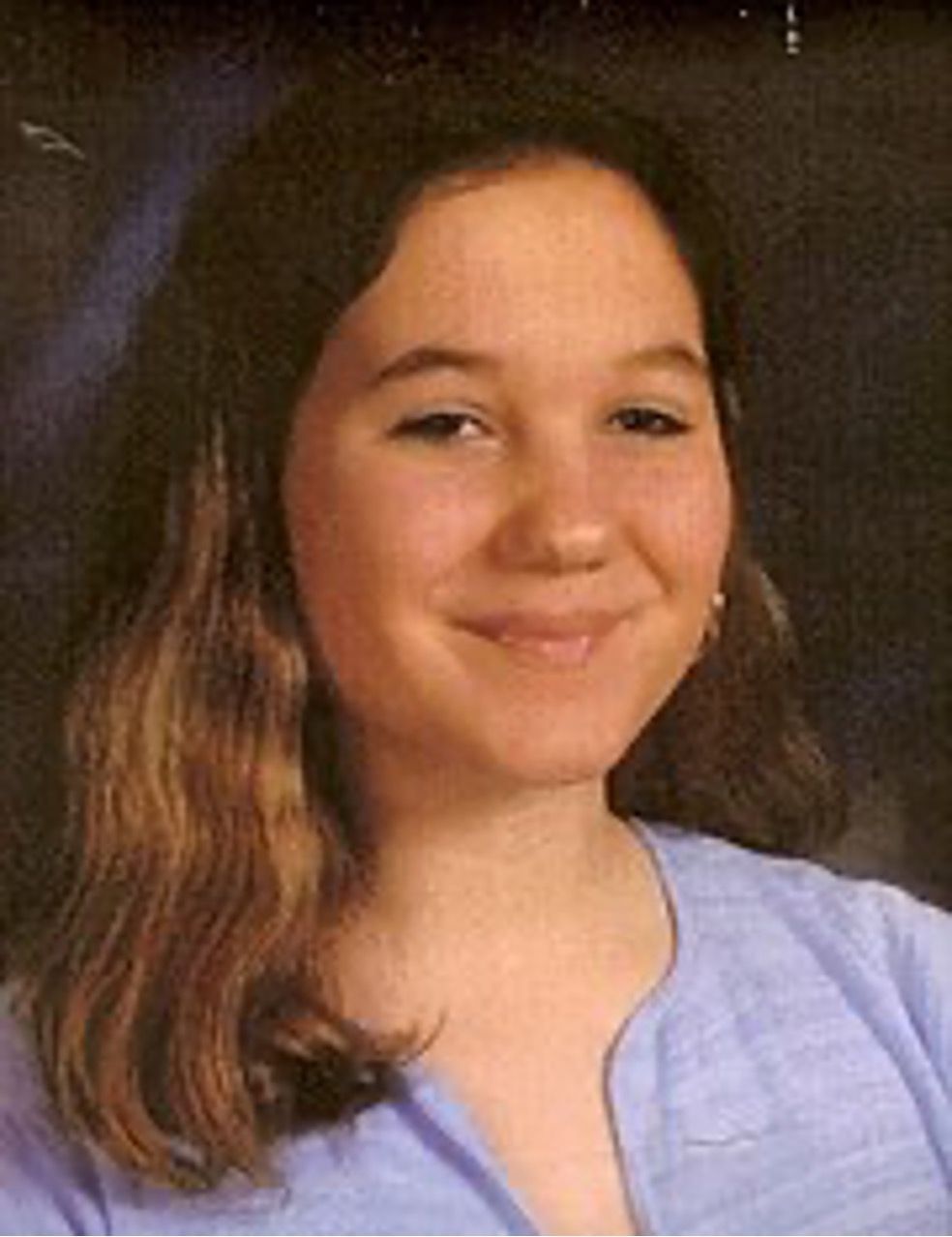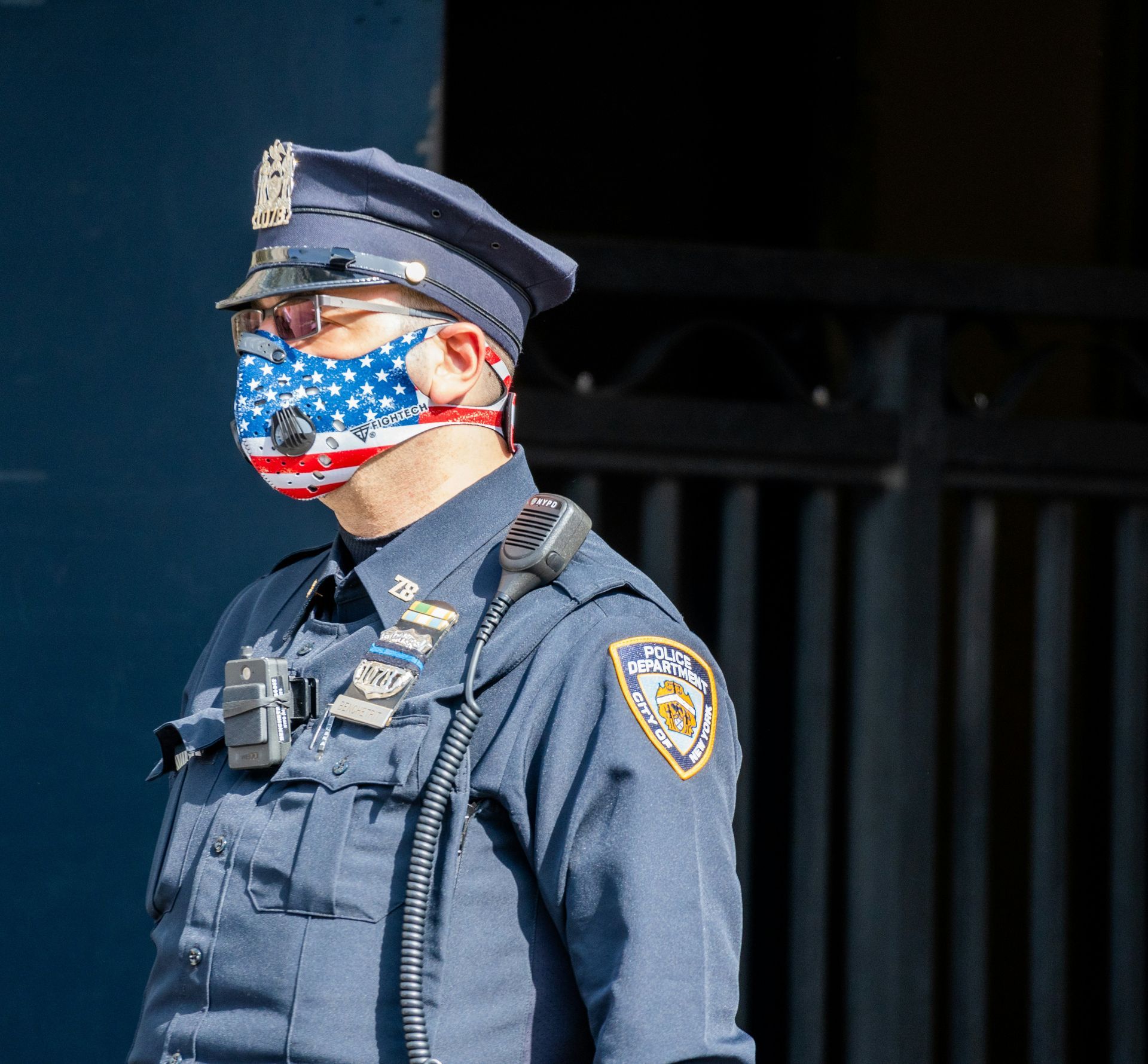Exhibit A
Writing, research, and insights by Diane Birnholz
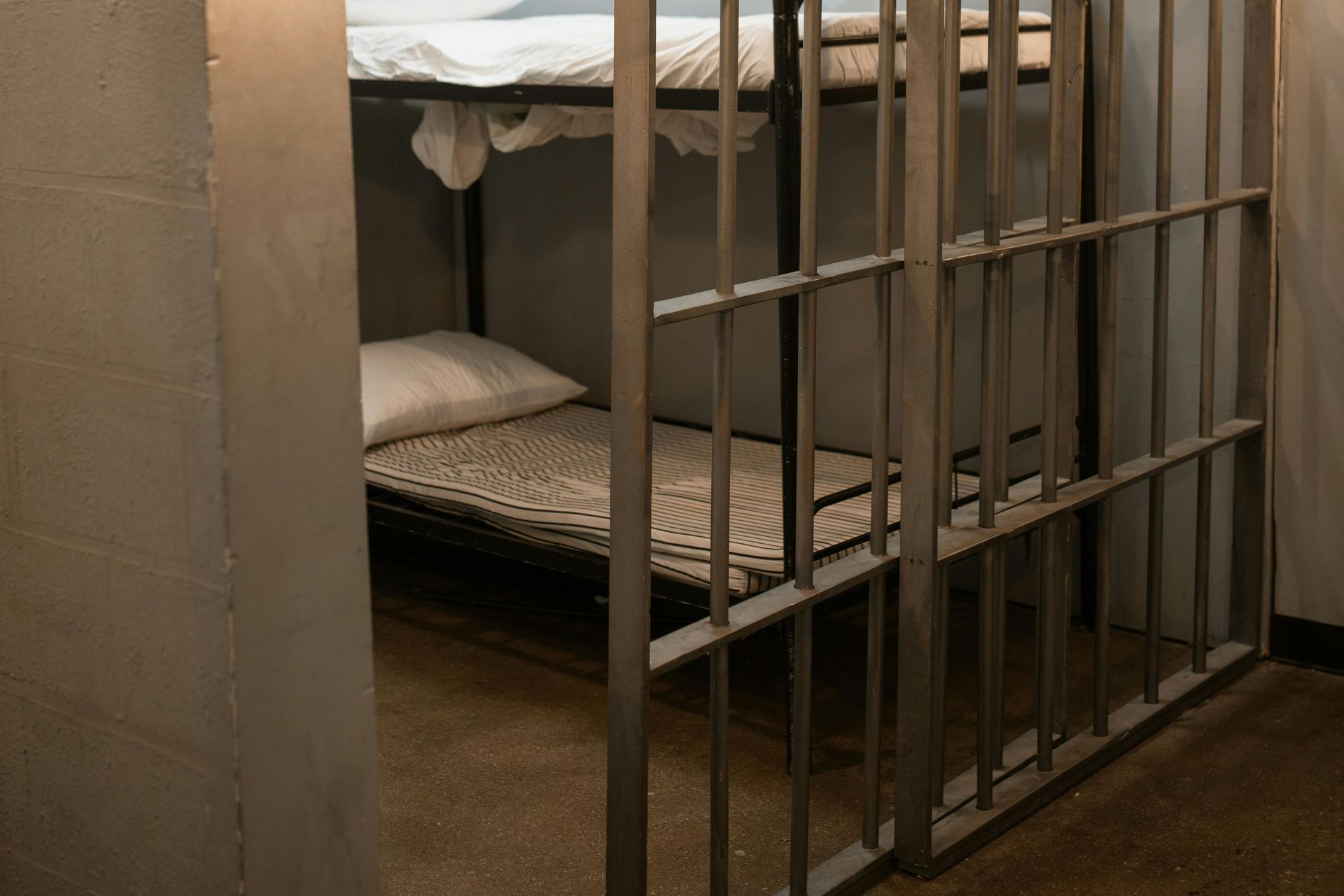
By Diane Birnholz
•
February 14, 2024
“You’re more than beautiful.” A surprising choice of words for a prisoner to write the woman prosecuting him. Inappropriate, clearly, and yet somehow your letter didn’t feel creepy. That’s because I knew you didn’t mean it in a creepy way. You aspired to be a lawyer. I know you would have been a good one. I watched you in court –you served as your own attorney in your criminal trial on a string of bank robberies. I treated you just as I would any opposing counsel, except that our weekly calls were prefaced with anoperator’s voice, “Will you accept a collect call from the Metropolitan Detention Center?” and Ialways had a witness present while talking to you on speakerphone. You were polite, prepared,extremely intelligent, and much more pleasant to deal with than just about any of the criminal defense attorneys I ever went up against. I think about the life you should have had and what you should have become. Your story stayed with me over the years and literally became my story. In the novel I wrote, a man very much like you enjoys a happier ending -- the ending I wish the real you could have had. You put up your best fight in court, but the jury found you guilty. The judge apologized to you and said it gave him no pleasure as he sentenced you to 17 years in federal prison. I never apologized for putting you behind bars. “I was just doing my job.” Isn’t that what people always say? I was protecting the public safety. Was it my fault you grew up homeless to a mom addicted to crack? Was it my fault the halfway house you eventually escaped from sat adjacent to a vacant lot where drug dealers tempted you back to your crack habit? Was it my fault you started robbing banks again to fuel your addiction? No, it wasn’t my fault, and yet I feel that I’m the guilty one. I wish I could tell you that I’m sorry. I’m sorry for my role in a system that imprisoned you from the day you were born. I’m sorry you were unable to realize your dreams or to come even close to reaching your potential. Your life mattered. Your life should have been more than beautiful.

By Diane Birnholz
•
July 4, 2023
One of the first questions I like to ask students in my Criminal Trial Advocacy course is whether they know the difference between state crimes and federal crimes. I’ll give them an example to think about: Why is it a state crime to hold up an employee of a 7-Eleven convenience store with a firearm and steal $5,000, but it’s both a state and a federal crime to hold up a teller at a Bank of America, with a demand note but no firearm, and steal just $1,000? How can that be? Why would an unarmed bank robbery be a federal crime, but committing an armed robbery against a convenience store or a restaurant or a Walmart would be strictly a state crime? If you don’t know the answer, you’re in good company. The students are usually baffled, and these are second- and third-year law students who are interested in pursuing criminal law as a profession. Many of them are headed for the public defender’s office or the district attorney’s office. Someone in the class might offer a tentative guess, but most students don’t really understand why some offenses are only state crimes and why some are both state and federal crimes. The answer is that bank robbery is a federal crime because the deposits are federally insured by the FDIC. The other answer is that bank robbery is a federal crime because it’s codified as such in Title 18, Section 2113 of the United States Code, which is the penal code for the federal government. It’s important to know that the government can’t prosecute someone for a crime unless the crime and the elements of that crime are very clearly laid out in a statute. This is to make sure that citizens are on notice of what constitutes a crime, or not. This is true whether we’re talking about prosecutions by a state or by the U.S. government. Most of the crimes we’re familiar with and hear about every day in the news or on podcasts, like murder and rape and robbery, are state crimes, not federal crimes. Generally, federal crimes are those crimes that the federal government has an interest in, as well as the authority and jurisdiction to criminalize. There has got to be a federal interest involved. Wire fraud is a federal crime because telephone calls involve wires that are part of interstate commerce via telecommunications or the internet. Mail fraud is a federal crime because it involves the U.S. mail. Drug crimes are federal because the drug trade affects U.S. interests and involves interstate commerce, although federal authorities will generally only charge drug crimes when they’re of a more serious nature, such as manufacturing or selling large quantities of narcotics or transporting them across state lines. Murder is a federal crime, per 18 U.S.C. Section 1111, in certain limited circumstances, like when it’s the murder of a federal judge or it’s committed on federal property or by a federal prisoner. Murder is also a federal crime if it’s perpetrated during the commission of other delineated crimes, such as bank robbery or a drug offense. When I was a federal prosecutor, I handled many cases that involved federal firearms crimes, including charges against defendants for being a felon in possession of a firearm, or for the use of a firearm during the commission of a crime of violence. Federal firearms offenses often involve very serious sentencing enhancements on top of the sentences for the underlying crimes. There are various implications that arise from whether a crime is investigated and charged as a state or federal crime. One is that the penalties in federal court are often much stiffer than those in state court. Another is that a federal agency like the FBI or DEA or ATF will generally investigate federal crimes and then present the case to the U.S. Attorney’s Office for prosecution, as opposed to state cases that involve the local police and the local district attorney’s office. If a federal case is indicted, the trial will take place in federal court, and if convicted, the defendant will serve his or her sentence in federal prison rather than state prison. Please let me know if you have any questions about this issue or any other related topics. I really enjoy teaching and educating people about the U.S. legal system, so if any of you have any questions relating to criminal law or law enforcement, please send me a message and ask aw ay!
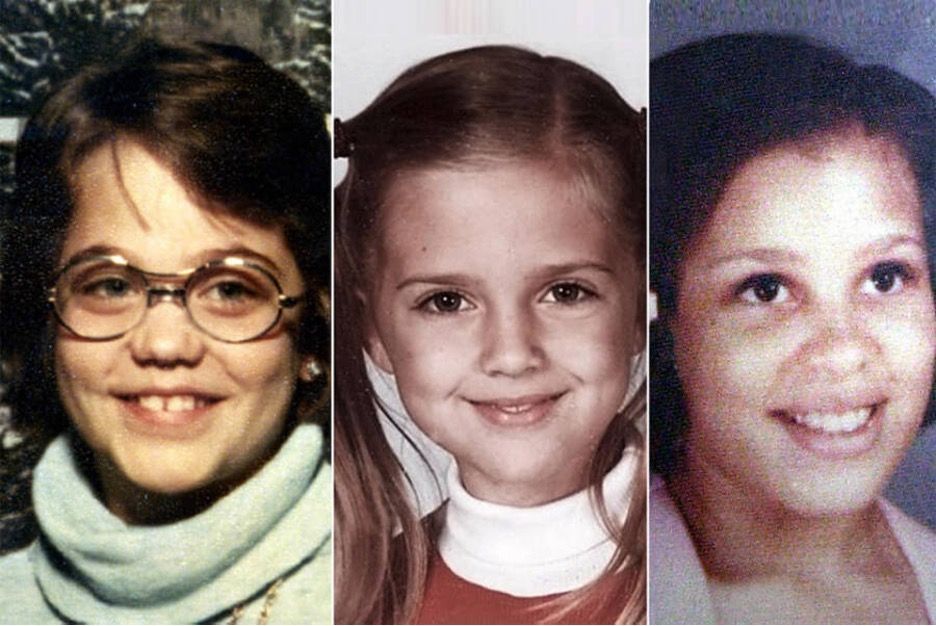
By Diane Birnholz
•
May 31, 2022
Within hours of arriving at a two-week Girl Scout camp outside Tulsa, Oklahoma, three young girls, Michelle Guse, 9, Lori Farmer, 8, and Doris “Denise” Milner, 10, were raped and murdered, their bodies found stuffed in sleeping bags on a trail more than 100 yards away from their tent in the early morning of June 13, 1977. “It was the bogeyman story,” said Andrea Fielding, the Director of Forensic Science Services at the Oklahoma State Bureau of Investigation. In the ensuing investigation, the police uncovered evidence in a nearby cave that linked to Gene Leroy Hart, a convicted kidnapper/rapist who’d escaped from a local prison in 1973 and been on the loose for the four years leading up to the murders. After a 10-month intensive manhunt, Hart was finally apprehended in the area and charged with three counts of first-degree murder. He was tried and ultimately acquitted of the triple homicide by a jury in March 1979. He died in prison two months later, where he was serving time for multiple prior burglaries. While not conclusive, recent DNA testing supports law enforcement’s theory that Hart was indeed the Oklahoma Girl Scout murderer. The following is a timeline of the events that occurred.

By Diane Birnholz
•
February 24, 2021
Being a Contestant on Wheel of Fortune The whole experience of being on Wheel of Fortune has a dreamlike quality for me, partly because it was surreal to be standing there on the set, and partly because the entire process happened so fast. By the end of 2020, I was yearning to do something extraordinarily fun, so I submitted an application on a total whim. You can too! I was shocked to get an email a week later scheduling a Zoom audition. I was even more shocked to get an email a month later saying that I must be excited about my “big day” the following week – it was the first I knew I’d been chosen! I had very little time to prepare, but I prepared as much as I could. I read all the materials they sent out, including the helpful tips from Pat – encouraging contestants to have fun and to buy vowels! They also recommended downloading the Wheel of Fortune app. The big difference between watching from home and playing for real is that you have to come up with your own letters when you’re on the show. I learned the exact meaning of the various categories, which I believe helped with “Event” in the bonus round. And I knew to solve the prize puzzle immediately if given the chance. The wheel was heavy! We had a couple of short rehearsals before playing for real, and my first attempt at spinning was pretty embarrassing. The wheel barely moved at all. They taught us how to use our non-spinning arm as leverage so that we could reach out and give a good spin without toppling over. There was a LOT to look at – the puzzle board, of course, but also the used letter board, and a complicated score board that only the contestants can see. I loved meeting Pat (so funny!), Vanna (so sweet!) and Jim Thornton (so friendly!). My fellow contestants and I went out there hoping all three of us would win some money – and we did! We were rowdy and having fun and laughing during our rehearsals, and during the actual game too. I felt lucky to be up there with such nice people. In terms of the puzzles, the word that baffled me the most was “_ r o _.” It’s trickier when a word starts with a vowel. I can’t tell you how lucky I feel to have won a trip to Costa Rica (I can’t wait – at this point, a trip anywhere sounds great!) and to have solved the bonus puzzle. It’s hard to know why sometimes you see it and sometimes you don’t, and I feel so fortunate to have been able to see it when it mattered. I especially love that my bonus puzzle contained an upbeat message: “Amazing Journey.” Yes, it was – everything about it! Thank you so much, WOF, for the journey of a lifetime!
